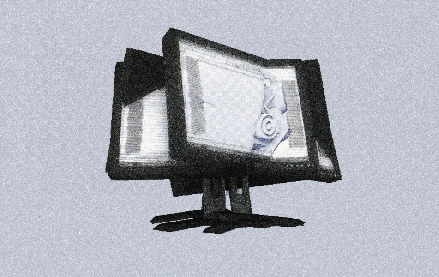
There’s little doubt that much of ad buying is moving to a machine basis, which means that a lot of ads will be traded on a real-time basis and targeted to specific audiences. Agencies want this, marketers want this and publishers have little choice.
The big question for publishers is what effect, if any, this will have on their businesses. In this, they have gone through an accelerated process of the Kubler-Ross stages of grieving. There was denial (another remnant channel), anger (our data is stolen!), bargaining (private exchanges), depression (maybe I’ll just join an ad tech company) and acceptance (let’s figure this out). And there is a lot to figure out.
What’s become clear is that the shift to programmatic buying in general, and to RTB specifically, is bringing “efficiency” to the marketplace. Efficiency is a great thing unless what you do is what is being made more efficient. The drive for more efficient buys in RTB is putting pricing pressure on the entire display ad market. According to Magna Global, display advertising globally rose just 1.5 percent in 2013. That’s not very good in a market that expanded 14.4 percent overall for the year. In fact, the reason Magna identified: price drops.
That’s the situation today, when 17 percent of buying is through exchanges. In five years, Magna director of global forecasting Vincent Letang expects 43 percent of display advertising to be bought and sold via exchanges.
“We see that non-premium banner pricing is being challenged, and inventory is commoditizing due to growing supply and the impact of ‘programmatic’ trading [exchanges],” he said in an email.
Publishers have little choice but to retool on the fly. Meredith Levien, CRO of Forbes, made a great case for embracing the programmatic era. “Even the most successful premium publishers can’t go it alone when it comes to delivering individuals, because it’s not just individuals marketers want but individuals at scale,” she wrote. “So unless you are a portal (and there are only a handful of those by my count), you should be taking ad exchanges as seriously as your ad buyers are.”
It’s a sign of the times that even the most white-glove of publishers, Conde Nast, is looking for its place in the programmatic world, albeit very slowly and with great hesitation. At the end of the day, publishers are sellers, and sellers must go to where the buyers are.
More in Media

Earnings from social and search players signal that AI will be a long-play investment
Giants like Google, Meta and Microsoft say investors and advertisers might have to wait longer for AI to generate a better return on investment.

Why some publishers aren’t ready to monetize generative AI chatbots with ads yet
Monetization of generative AI chatbot experiences is slow going. Some publishing execs said they’re not ready to add advertising to these products until they scale or can build a subscription model first.

Media Briefing: Publishers who bet on events and franchises this year are reaping the rewards
Tentpole events and franchises are helping publishers lock in advertising revenue.





